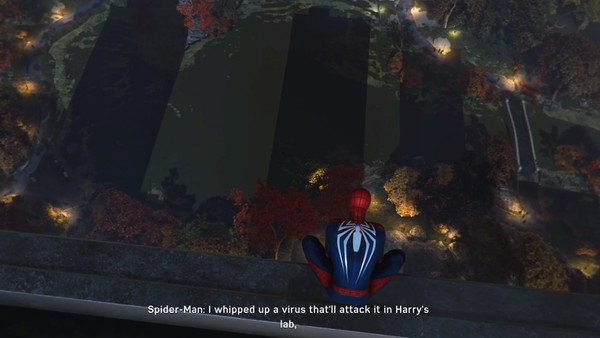10 Times Video Games Got Science WRONG
A real-life Last of Us isn't happening anytime soon.

Science is the cornerstone of our very existence - despite those who might suggest otherwise - and entertainment as a whole has had a rather curious, casual relationship with scientific fact for as long as media has existed.
We can all name countless movies which shamelessly flouted the laws of physics, biology, and chemistry for the sake of our blockbuster thrills, but the video game industry is hardly a champion of good science itself.
Though the more heightened nature of gaming generally makes it easier to accept ridiculous storytelling, there's no denying that sometimes the junk science is just too distractingly absurd to pass muster.
That's absolutely the case with these 10 games, which threw scientific plausibility out the window in pursuit of glossy AAA entertainment.
In some cases it proved more amusingly ridiculous than anything, but in others, the otherwise firm veil of "realism" was entirely derailed by this careless lack of regard for actual science.
Though these gaffes don't break their respective games for all but the most ardent scientists, they're still sloppy attempts to get away with blatant non-knowledge...
10. That's Not How Viruses Work - Spider-Man

Though most people will cut Insomniac's Spider-Man some slack given the character's fantastical origins and, well, the generally elevated nature of most superhero stories, the game's more "grounded" engagement with science sadly doesn't hold up to scrutiny at all.
One of Harry Osborn's scientific side missions, "Dive and Dash," sees Peter attempting to test a virus which will kill some toxic algae about to wreak havoc in New York's rivers and lakes.
The short mission sees Peter obtaining a sample of the algae, using his acrobatic abilities to apply sufficient G-force to break down the algae's cell walls, and then testing the virus on the algae in the lake.
Except, as some science-minded players have pointed out, none of Peter's methodology or execution makes any scientific or ethical sense whatsoever.
For starters, Peter implies he whipped up the virus in Harry's lab in an afternoon, which is impossible - it'd take at least a few days with major prep time.
Secondly, the premise of the virus itself doesn't make sense: there's zero chance it could eliminate every micro-organism in the lake, and so, the algae would simply regenerate within a short time.
But worst of all, from the pure perspective of scientific protocol, it's extremely ill-advised for Peter to release an untested virus in the wild, and it's one of the major no-nos in the field of virology.